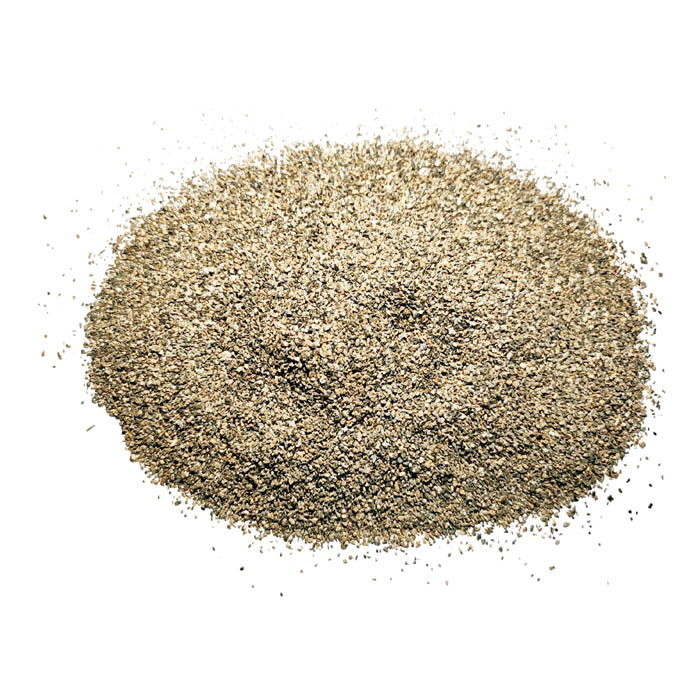Nov . 06, 2024 12:52 Back to list
Manufacturers of Base Materials for Retaining Wall Construction and Design Solutions
Understanding Retaining Wall Base Materials A Guide for Manufacturers
Retaining walls are integral structures in the field of civil engineering and landscaping, designed to hold back soil and prevent erosion. These walls are crucial in various applications, from residential landscaping to large-scale commercial projects. A key factor in the effective functioning and longevity of retaining walls is the choice of base materials. This article delves into the types of materials used for the base of retaining walls and the leading manufacturers in this sector.
The Importance of Base Materials
The base material for retaining walls serves as a foundation that supports the weight of the wall itself, along with the lateral earth pressure exerted by the retained soil. Choosing the right base material is critical to ensure stability, drainage, and longevity. The primary functions of the base material include load distribution, erosion prevention, and providing a stable platform for the wall construction.
Common Base Materials for Retaining Walls
1. Gravel One of the most widely used base materials, gravel is preferred for its excellent drainage properties. Well-draining gravel minimizes water pressure behind the wall, thereby reducing the risk of wall failure. Manufacturers often recommend a specific size of gravel (typically ¾ inch) to ensure optimal performance.
2. Crushed Stone Similar to gravel, crushed stone is another popular choice for base material. It provides a stable foundation with good drainage capabilities. Its angular shape allows for better compaction compared to round gravel, providing additional stability.
3. Sand Fine sand can be used as a base material for retaining walls, though it is less common due to its tendency to shift under pressure. When properly compacted, however, sand can offer a stable base, particularly in specific construction scenarios.
4. Concrete For more structural applications, concrete may be poured as a base. This offers unmatched strength and durability, particularly for very tall or heavy retaining walls. However, it requires careful planning to ensure proper drainage around the wall to avoid water buildup.
5. Geogrid Materials As an innovative solution, geogrids are often integrated with traditional base materials to enhance stability. These materials help in distributing loads and improving soil retention, making them an excellent choice for reinforced retaining walls.
retaining wall base material manufacturers

Features to Look for in Manufacturers
When selecting a manufacturer for retaining wall base materials, several key factors should be considered
- Quality of Material The strength, durability, and drainage capabilities of the base material are paramount. Reputable manufacturers adhere to industry standards and conduct rigorous testing to ensure material quality.
- Variety of Options A good manufacturer should offer a wide range of base materials to cater to different project requirements. This includes everything from gravel and crushed stone to advanced geosynthetic materials.
- Customization Different projects may require unique specifications. Manufacturers that offer customization options are valuable assets as they can tailor products to meet the specific needs of a project.
- Expertise and Support Experienced manufacturers provide not only quality materials but also expertise in installation practices and design considerations. This support can prove invaluable for contractors and builders.
- Sustainable Practices As environmental concerns grow, manufacturers that prioritize sustainability in their operations are becoming increasingly important. This includes sourcing materials responsibly and reducing waste in production processes.
Conclusion
The choice of base material for retaining walls is a critical decision that can significantly impact the structure’s performance and longevity. From gravel and crushed stone to advanced geogrid systems, manufacturers play a vital role in providing quality materials. By considering factors such as material quality, variety, customization, expertise, and sustainability, builders can select the right partner for their retaining wall projects. As the industry evolves, innovative materials and practices will continue to shape the future of retaining wall construction, ensuring that these structures remain sturdy and resilient for years to come.
-
Eco-Friendly Granule Covering Agent | Dust & Caking Control
NewsAug.06,2025
-
Fe-C Composite Pellets for BOF: High-Efficiency & Cost-Saving
NewsAug.05,2025
-
Premium Tundish Covering Agents Exporters | High Purity
NewsAug.04,2025
-
Fe-C Composite Pellets for BOF | Efficient & Economical
NewsAug.03,2025
-
Top Tundish Covering Agent Exporters | Premium Quality Solutions
NewsAug.02,2025
-
First Bauxite Exporters | AI-Optimized Supply
NewsAug.01,2025
